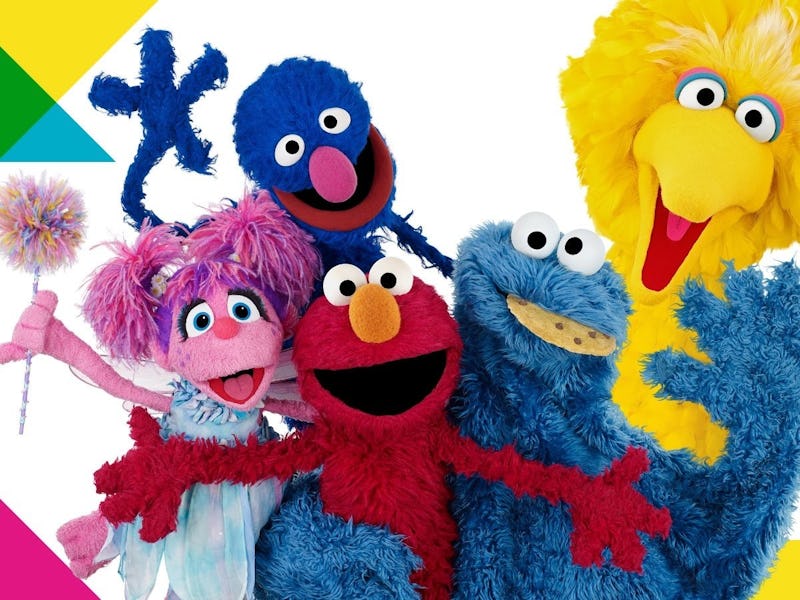After a 45-year residency at PBS, Sesame Street has moved over to HBO. Let that sink in. With its larger-than-life characters, Sesame Workshop’s flagship show injected pazazz and fun into afterschool learning for multiple generations. As part of a new licensing deal, Big Bird and his chums are transferring to a TV heavyweight that’s happiest showing violence and nudity. Usually at the same time. While the children’s series will air exclusively on HBO, its episodes will be broadcast on PBS after a nine-month window.
But still. This is HBO. They made this:
As a broadcaster, HBO founded its prestigious reputation on original content swayed towards adults. Producing its own line-up of shows granted showrunners free reign to do whatever the hell they liked. The network foot the bill, passing those costs onto subscribers willing to fork out the extra monthly fee for access to award-winning drama serials, one-off documentaries, and comedy specials. HBO raised the bar for competitors and for the Big 4, pumping out a stream of critically-praised content in the ‘90s and ‘00s such as The Sopranos, Oz, Six Feet Under, The Wire, Carnivale, and Deadwood.
In the years since, the cable giant entered a new phase. Willing to still dedicate its resources to developing original content, and solidifying its gold-star standard, the goal posts shifted slightly as it began to pay close attention to its rivals. HBO adaptations slowly crept onto TV schedules (True Blood). Franchises with loyal geek fanbases went into development (Game of Thrones). Instead of being the trendsetter, the gradual change resembled a premium cable network aping the success of broadcast networks. Those two shows, with the latter in particular, brought in a whole new demographic of paying subscribers. The success of Game of Thrones even saw it later used as the dangly carrot in the HBO Now service marketing campaign, offering customers the chance to pay one-off monthly fees for access to the HBO back catalogue.
It’s a big change in direction and it’s in all probability one born from endless roundtable discussions about how to further boost profits. As much as we like to believe the harbingers of our favorite shows care more about canon than cash, it’s not that simple. Adding more genre to the line-up is a calculative move to ensure current trends are acknowledged, so customers won’t venture elsewhere for entertainment. Dan Benioff and David Weiss pitched Thrones in reference to Dungeons And Dragons and Lord Of The Rings, piggy-backing on the Middle Earth saga’s success. If they hadn’t done it, someone else would have, and getting ahead of the game can make you oodles of green — even if one exec were aghast that HBO was entertaining a fantasy series (“Oh my God! Dragons at HBO!”). The acquisition of Sesame Street simply follows that same understanding: other networks are upping their children’s programming, and so HBO must do the same to stay relevant.
The ‘premium quality entertainment’ HBO prides itself on is still on the table. It just doesn’t feel exclusive anymore, the way that it used to. Out of its three dramas (Thrones, The Leftovers and True Detective) only one has been universally embraced. The comedy line-up is more extensive (Ballers, The Comeback, Girls, Veep, Getting On, etc.) but less consistent in terms of quality. Perhaps it’s the resurgence in scripted TV over the last decade that’s seen all networks up their game, making it a necessity for HBO to makeover its roster. Who knows. Maybe HBO is just spreading itself too thin? Either way, bringing back Deadwood ought to restore the natural order.
